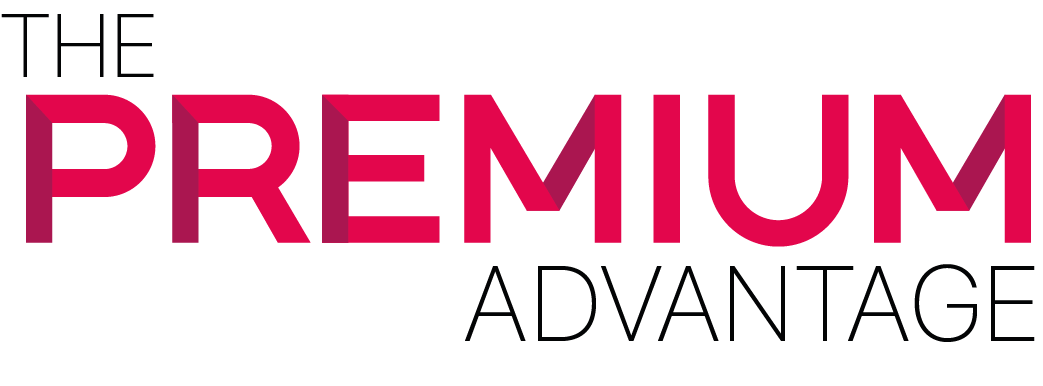Unfortunately, a large number of taxpayers have encountered individuals impersonating the IRS either in person, over the telephone or email. Do not fall for these situations! The IRS wants us to know how and when they will contact taxpayers and who you should call to determine if you truly received call from an IRS employee. Most contact initiated by the IRS is through regular mail delivered by the United States Postal Service (USPS). There are special circumstances in which the IRS will call or visit such as an overdue tax bill, secure a delinquent tax return, delinquent employment tax payment or tour a business as part of an audit. But even under these circumstance taxpayers will still receive written notices from the IRS in the mail.
The IRS Calling Will Not Involve:
- A call demanding immediate payment requesting money to be sent via prepaid debit card, gift card, or wire transfer. The IRS calling is not an option they will send via regular mail a bill for any taxpayer who owes taxes.
- Demand payment of your taxes without the opportunity to ask questions or appeal the amount stated that is owed. As a taxpayer, you have rights and can read them here other rights you have as a taxpayer https:/www/www.irs.gov/pub/irs-pdf/p1.pdf.
- Threaten to call law enforcement or immigration officers to have you arrested for not paying your taxes. The IRS does not have the authority to revoke your driver’s license, business licenses, or immigration status. Scam artists use these common tactics to threaten you into giving them information or money requested.
What The IRS Will Do:
- Conduct visits by IRS representatives who will always provide two types of official credentials known as a pocket commission and a HSPD-12 card. A HSPD-12 is a secure and reliable form of identification for government employees and contractors. You have the right to ask for these credentials and verify them with the IRS telephone number the representative provides you.
- Send IRS collection employees to call or visit a home or business unannounced to collect a tax debt. Representatives along with the IRS will instruct you to make payments to the United States Treasury only not to another payment source. The IRS will assign certain cases to private debt collectors but only after sending you a written. These private collection agencies will not ask for payment to a prepaid debit card or gift card. Payments by check need to be made out to the United States Treasury and sent directly to the IRS not the private collection agency. You can visit https:/www/www.irs.gov/payments to learn of the IRS payment options.
- IRS employees conducting audits will call taxpayers to make an appointment only after reaching out to taxpayers via mail. The IRS will also send criminal investigators to homes or businesses unannounced while conducting an investigation. These employees and investigators will not demand any sort of payment.
Beware Of Impersonations
Scams come in many forms such as phone calls, letters and emails. Those impersonating the IRS use threats to intimidate and bully you into paying taxes that you may or not owe. They will even go as far as threatening you with prison time or deportation if you do not comply.
- Contact the Treasury Inspector General for Tax Administration at 800-366-4484 to report phone scams.
- Report unsolicited emails to the IRS at phishing@irs.gov that claim to be from the IRS or any IRS component.
